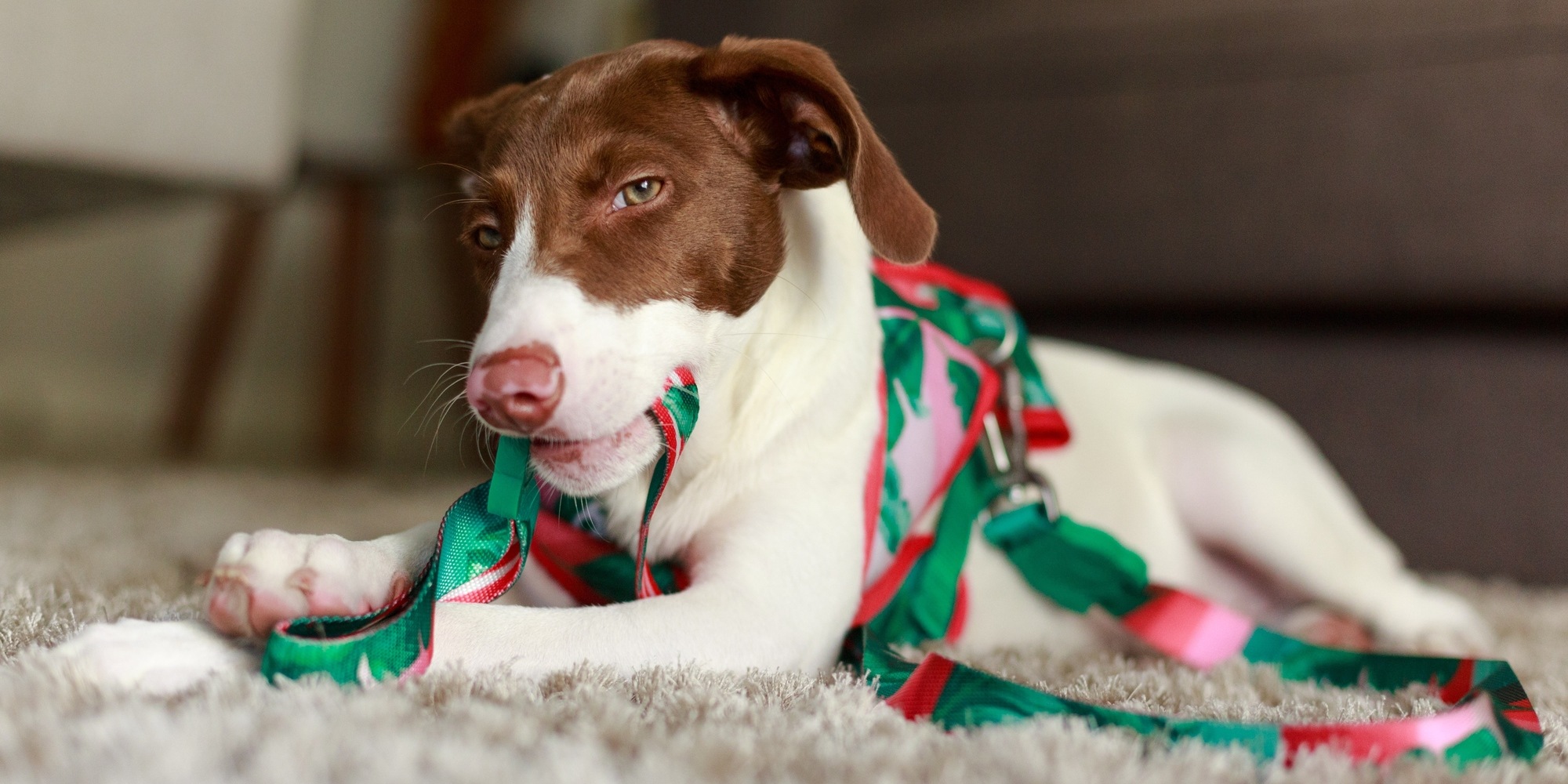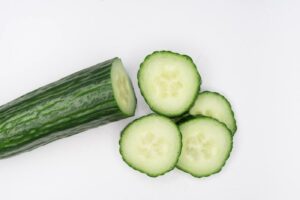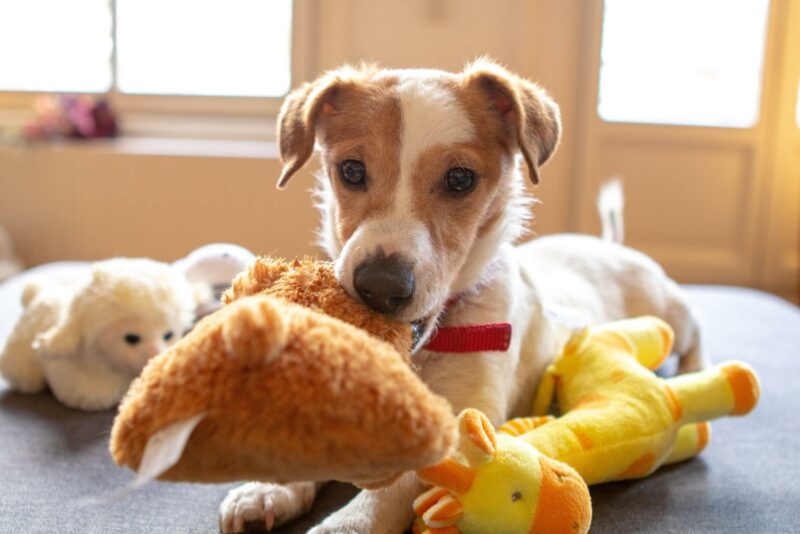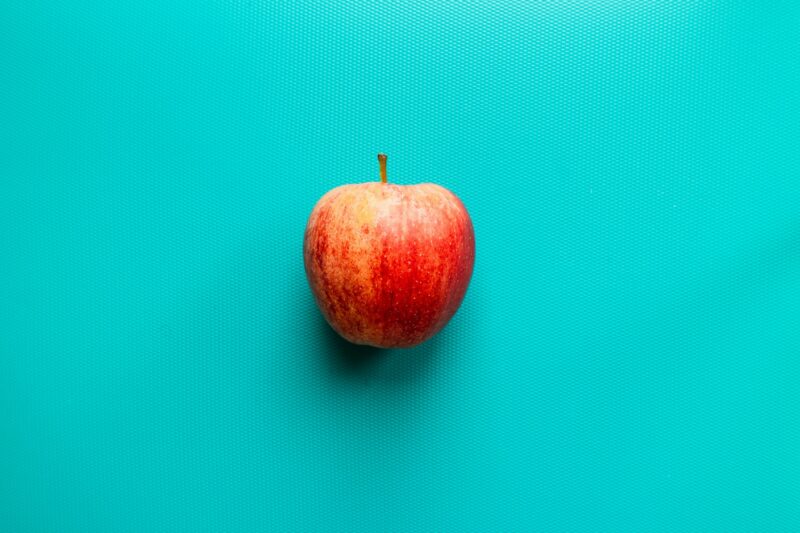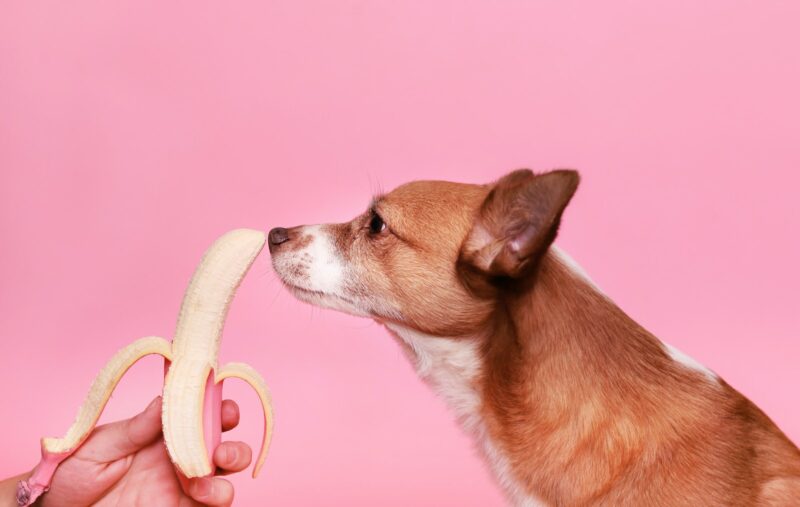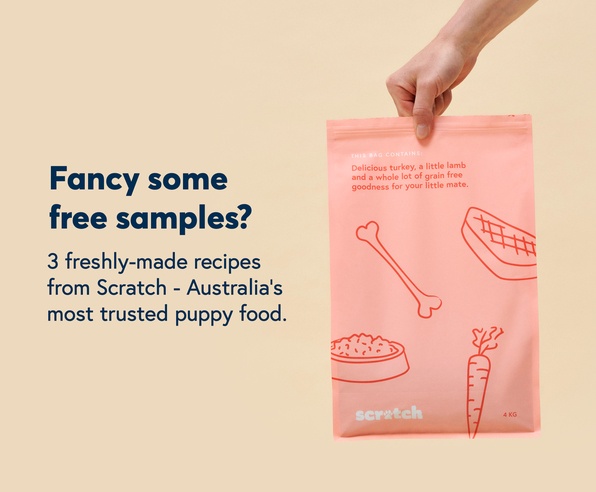Everyone knows the best part of the holidays is the food. That rule extends to pets too. But there are a few landmines to look out for when sharing your favourite treats. Despite spending the rest of the year often eating literal garbage, dog’s are infamously sensitive to several foods. A simple snack for you can be lethal to them, so it’s important to take note of Christmas foods dangerous for dogs.
But even beyond toxic triggers, any sudden change in diet (aka, a flood of table scraps) can leave a dog feeling unwell. So pay attention to these dangerous Christmas foods, and in general, try to keep the merriment in check.
Bones
You already know bones are always something to watch out for. But it can be confusing to know what bones are a dog’s dream and what are their nightmare. The golden rule: Stay away from cooked poultry bones–remember that’s chicken and turkey. They become brittle when cooked and can easily splinter and break, causing internal damage, choking, or becoming lodged in an animal’s digestive tract.
Additionally, The Lost Dogs’ Home behaviour team leader, Jade Currie warns, “Another danger for pets is food left unattended, such as the left over Chocolate custard or children’s plates of discarded chicken bones.” Be extra careful to make sure any poultry leftovers are carefully disposed of.
Jade warns, “Another danger for pets is food left unattended, such as the left over Chocolate custard or children’s plates of discarded chicken bones.” Be extra careful to make sure any poultry leftovers are carefully disposed of.
Chocolate
This is another famous enemy of dogs that you’re probably already aware of. But again, it pays to be extra careful over the holidays. Especially if there are kids around. Make sure any lolly bowls are out of reach for dogs, keep an eye out for dropped chocolates, and talk to kids about why it’s important they don’t share their favourite sweets.
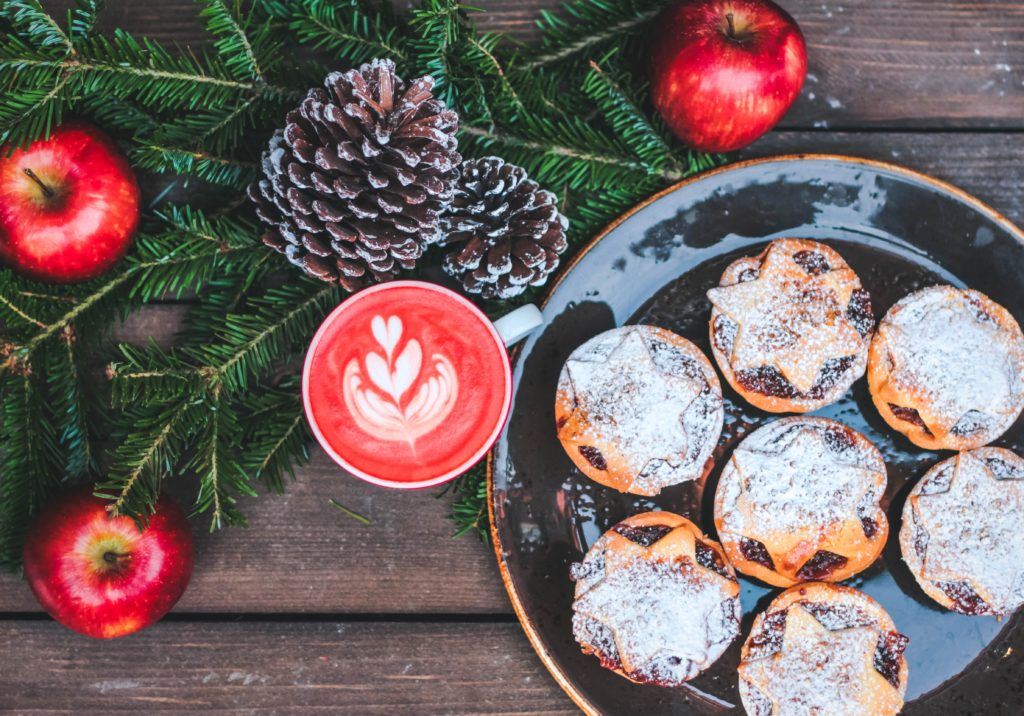
Raisins and Sultanas
You might not immediately think your Christmas table is laden with raisins and sultanas, but trust us–they’re in everything. Christmas pies, cakes, cookies, stuffing, sauces, dressing, and puddings can all be stuffed with dried fruit. Dr. Jerry Klein, chief veterinary officer of the American Kennel Club warned of their danger to NewYork magazine: “Under all conditions, and in any amount, we know that raisins and grapes can cause kidney issues in dogs, and this will warrant a trip to the emergency room.”
Macadamias
While you’re watching out for fruits, keep an eye open for nuts. Macadamias, that are often in fruitcakes and snack mixes, are highly poisonous to dogs. If consumed, a dog may have issues with walking and standing, present tremors, hyperthermia, and start vomiting. Again, if you think they’ve eaten some, it’s going to mean a trip to the emergency vet.
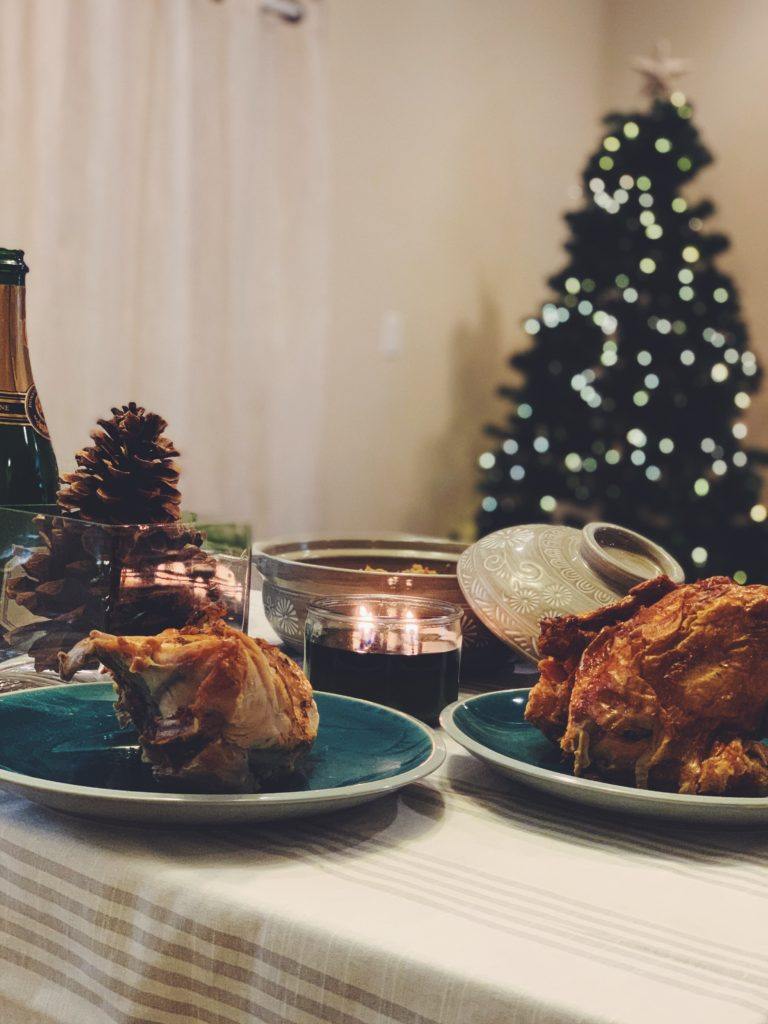
Leeks, Onions, Garlic
It’s hard to think of a savoury Christmas treat that doesn’t contain one of these ingredients. As a result, a lot of your dinner isn’t going to be shareable with your dog. Leeks, onions, and garlic contain a toxin that can cause hemolytic–the breakdown of red blood cells–which leads to anaemia, lethargy, and weakness. This is particularly true if they’re consumed raw, but don’t even risk it with cooked servings.
Really, Just Stay Away from Anything Too Fatty or Rich
“Dogs and cats need simple, plain diets; and rich, fatty, salt-laden foods are a definite no-no,” Jade Currie explains. Many dogs are sensitive to these foods, so if consumed they can bring on bloating, tummy cramps, diarrhoea or (the biggest concern) pancreatitis. Pancreatitis specifically means an inflamed pancreas, it occurs when a dog ingests more fat than they’re used to. Symptoms include vomiting, nausea, and dehydration. But most worryingly, it results in a lifelong issue with fat that requires them being on a special diet for the rest of their lives. Pancreatitis is one of the most common issues vets see after Christmas, but it often doesn’t present straight away. It might take days for them to begin to look sick.
So What Can They Eat?
We get that this list is long, but there are lots of parts of your meal you, your dog, and your vet would be happy to see shared. White meat in moderation is a good option. Just remove the skin first to cut down on the butter, salt, garlic, and other spices. Lots of vegetables are also dog-friendly, assuming they’re not cooked in butter, cream, oils, or other fats. Although Jade does caution, “Even cooked veggies will cause excess flatulence in your dog, and some rather unattractive messes on the backyard cricket pitch.”
To be safe, just don’t deviate too far from their usual meals. “Our pets’ much smaller body masses only require small amounts of food, and despite the festive cheer, its best to stick to feeding them their normal pet food,” adds Jade. Or, if you want to treat them without the stress, consider a new toy, a special walk, or buy something fun from the pet shop.
For more seasonal vibes. check out:
What You Need to Know about Bringing a Dog Home for the First Time

